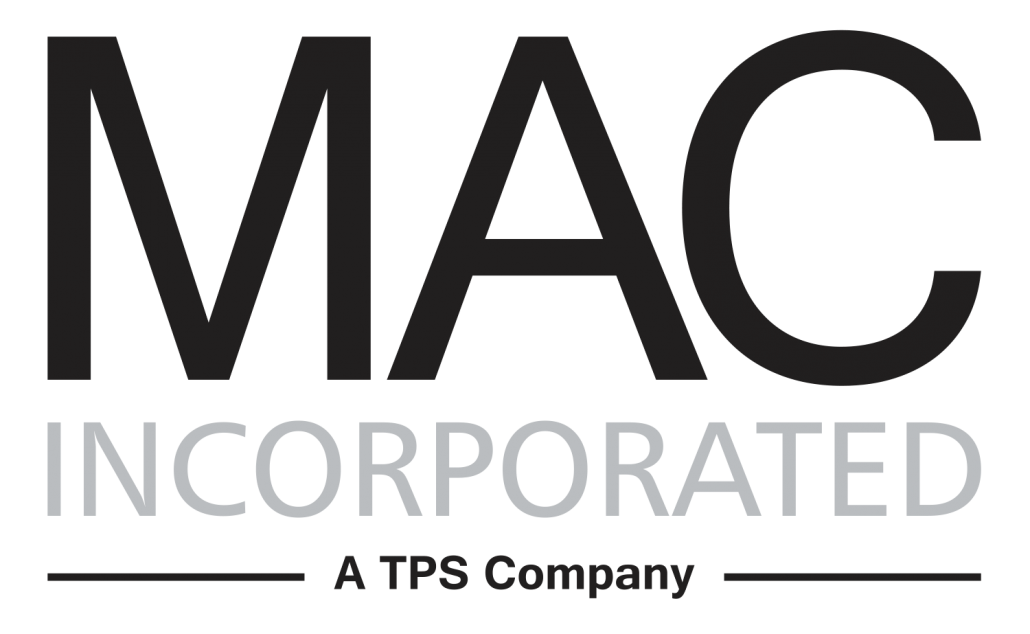What Soft Skills Do Employers Want from Industrial Engineer Jobs?
Presenting Yourself as the Top Candidate for Industrial Engineering Jobs
Excelling in industrial engineer jobs takes a lot of training. You have achieved at the minimum a bachelor’s degree and likely went on to get your master’s. While academic training is necessary to land your dream industrial engineer job, you may have let your soft skills fall through the crack in your pursuit of academic qualifications.
Soft skills can be as important to employers as hard skills when they recruit industrial engineers. Demonstrating that you have well-developed soft skills will set you apart from other candidates with the same qualifications and experience. Here are the top soft skills that employers look for, and that you can start improving to boost your chance of landing a job in an era of high unemployment.
Importance of Soft Skills in The Workplace
If you think you’ve created the perfect resume for your search for industrial engineer jobs, but are not getting callbacks about interviews, your lack of soft skills may be the reason.
A study by The Association of Graduate Recruiters (AGR) found that 43% of employers were struggling to fill their vacancies because candidates failed to combine their academic achievements with soft skills.
Soft skills matter to employers. By developing them and demonstrating them through the hiring process you can be the standout candidate.
Soft Skills to Maximize Your Career Success
What soft skills are most important to potential employers? Here are some of the most vital soft skills to demonstrate on your resume, in an interview, and when working.
· Communication
Communication is first on the list. The importance of having great communication skills across multiple channels cannot be stressed highly enough.
You will be working with complex engineering solutions, thus being able to communicate your ideas without confusion is extremely important. Poor communication can cost projects time and money in mistakes that need to be fixed.
Good communicators are adept at verbal, face-to-face communication, and can communicate clearly in written formats such as email as well as manage virtual meetings online using video technology.
· Organization
Some organization skills for industrial engineers may be considered as technical or hard skills. However, you need to also work on your soft organizational skills. This covers things such as punctuality and time management.
You can use organizational and project management apps like Trello or Asana to help you keep track of tasks. These apps can help ensure that you are not taking on too much, or getting lost in projects, or missing deadlines.
· Adaptability
Technology is constantly changing and as such, industrial engineers need to be adaptable. Being able and willing to quickly adapt to technologies is highly valuable to employers.
· Open to Feedback
Being open to feedback, both negative and positive, and applying it accordingly is an essential quality for an industrial engineer.
Showing you can listen to feedback will let an employer know that you will be able to grow within their organization. You can be a great engineer, but if you don’t respond well to criticism or are not open to critiques of your work, success in your field is likely to stagnate.
· Interpersonal Skills
Interpersonal skills cover a broad umbrella of skills that an industrial engineer can benefit from having. These include social awareness, active listening, emotional intelligence, and teamwork.
These skills will help you work effectively with colleagues, managers, vendors, and clients. Being a team player is appealing to employers, and assures them that you are unlikely to create conflict in the workplace.
· Attention to Detail
Engineering projects are complex. They involve multiple people, many stages of planning and development, and many parts that must all function correctly. A small mistake can result in catastrophe to a project. Employers seek candidates who exhibit good attention to detail, always check their work, and are aware of even the tiniest detail of a project.
To Sum Up
A lack of soft skills can stall your career growth as an industrial engineer. Soft skills augment your technical capability demonstrated by your hard skills, and many are highly valuable to employers. Developing skills that will help you communicate, work as part of a team, self-start, self-manage, and be open to feedback will not only help you in landing the job you want, but also help you grow as an engineer.
For help finding an industrial engineering job that is right for you, contact Mac Incorporated.

